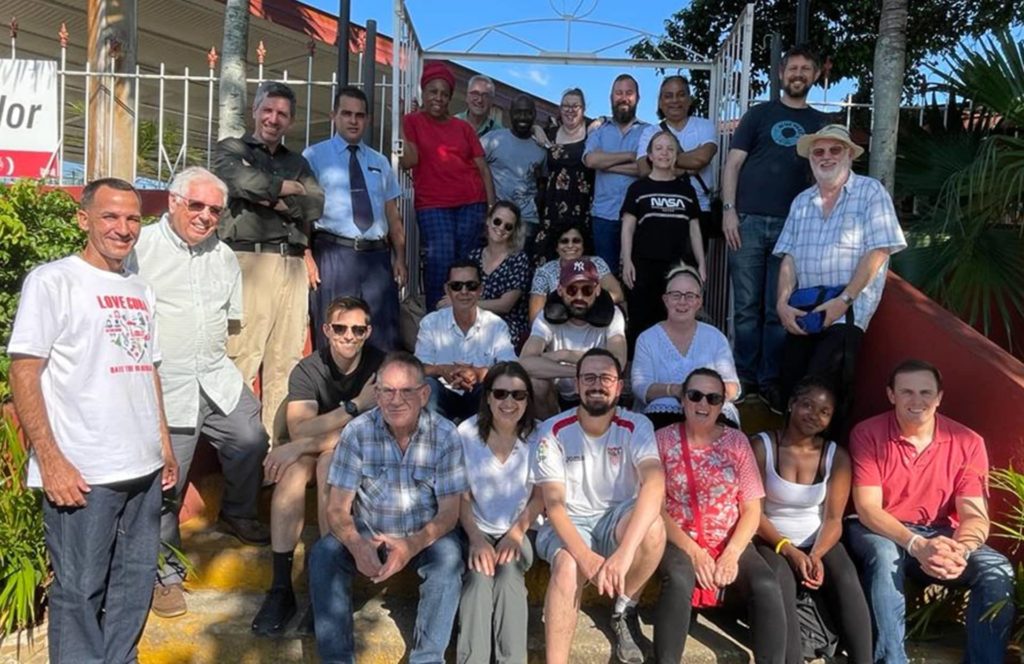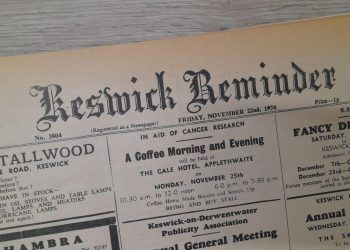
A Keswick School history teacher spent his half-term break in Cuba visiting schools and raising funds for essential classroom equipment which is in short supply on the Caribbean island.
Dr Tony Foody made the trip as part of as part of the National Education Union’s Viva La Education project with he and his colleagues receiving a warm welcome wherever they went.
“We were fortunate enough to visit several primary and secondary schools in both the city and rural areas,” said Tony. “We visited mainstream schools as well as schools for the visually impaired and those with special educational needs.
“It soon became apparent just how valued education was in Cuba. In primary, class sizes were usually around 15-20 pupils with impressive staff to student ratios.
“Early intervention is also the norm. At the Dora Alonso autism school (for those aged one to six) we were told how those with greater educational needs are supported.
The Cuban equivalent of an education, health and care Plan (EHCP) takes a maximum of six weeks to explore, but the child starts to receive support the very next day.”
Everywhere the group went to talk with educationalists, they were treated to Cuban singing, dancing and poetry from the students. At one music school, a member of the party tried to return the favour through a demonstration of Morris dancing which appeared to go down very well.
“We also provided gifts of educational and medical supplies which had been so generously donated from home,” said Tony. “I was pleased to be able to take a little piece of Cumbria in the shape of a class set of Lakeland pencils.
“We spoke to a number of staff and students, as well as the general secretary of the Cuban teachers’ union. We even met the minister for education and ended up on Cuban TV. Thankfully, they only interviewed Spanish speakers so I was able to stay in the background for that.”
Tony added that they saw first-hand that, although Cuba spends more of its GDP (gross domestic product) on education than many other nations, the US blockade of the island means that many items are either not accessible or are more expensive due to increased transportation costs.
“Cuban students and teachers, despite having some of the best education indicators in Latin America, often have to make do without many of the basic necessities that we take for granted,” he said. “In the music school, worn out guitar strings were filed thinner to become violin strings and dance shoes were repeatedly patched-up.”
He said that the recent effects of Hurricane Ian had also made matters even worse and, at one stage, it looked as though it might jeopardise the whole visit.
“As it was, it meant the need for aid was more vital than ever just as it underlined the resilience of the people,” said Tony. “The trip has inspired me by showing what can be achieved through prioritising education, even in the most challenging circumstances.”
Tony will be sharing his experiences with colleagues and students and is determined to continue raising funds for the cause.
He would be happy to come and speak to any local groups about his visit to Cuban schools. He can be contacted via Keswick School. Donations to help the project can also be given via https://vivaeducacion.org.uk/donate/








